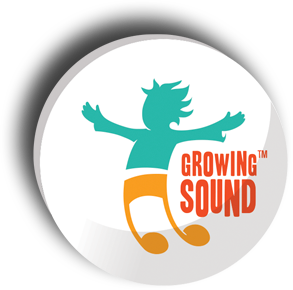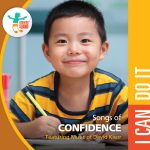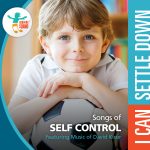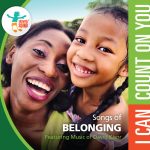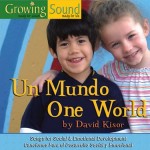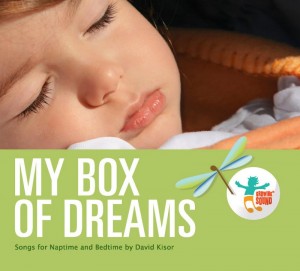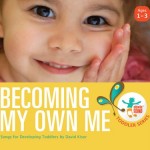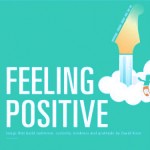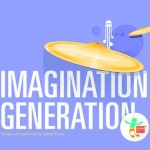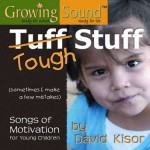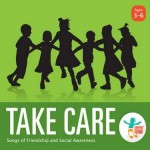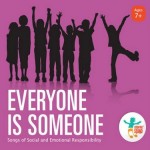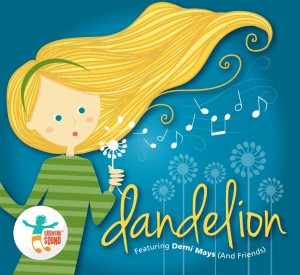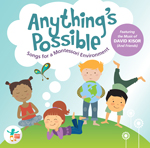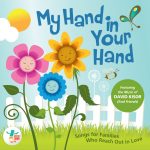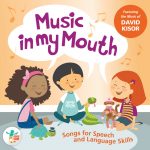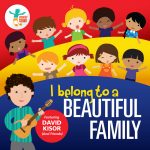 Music has long been recognized as a powerful tool for human expression and connection. It has the remarkable ability to touch our emotions, evoke memories, and bring people together. But did you know that music also plays a crucial role in the social and emotional development of children? From infancy to early childhood, engaging in musical activities can have a profound impact on a child’s social skills, emotional well-being, and overall growth.
Music has long been recognized as a powerful tool for human expression and connection. It has the remarkable ability to touch our emotions, evoke memories, and bring people together. But did you know that music also plays a crucial role in the social and emotional development of children? From infancy to early childhood, engaging in musical activities can have a profound impact on a child’s social skills, emotional well-being, and overall growth.
The Universal Language of Music
Music as a Common Connection
One of the most remarkable aspects of music is its universal nature. Regardless of cultural backgrounds or language barriers, music has the power to create a common connection among individuals. It is a language that transcends words and allows people to communicate and bond on a deeper level. When children participate in musical activities, they are engaging in a shared experience that fosters a sense of belonging and togetherness.
Intimate Connections through Music
Music has the ability to create intimate connections between individuals, especially when shared between a caregiver and a child. Singing, playing instruments, and dancing together facilitate eye contact, loving touch, and emotional closeness. These interactions not only enhance the bond between the caregiver and child but also promote emotional development and a sense of security in the child.
Creative Connections through Music
When children are encouraged to express themselves freely through music, they experience a sense of emotional security that allows for creative connection. Music provides a safe space for children to explore their emotions, experiment with different sounds and rhythms, and express themselves authentically. This creative outlet not only nurtures their emotional well-being but also fosters their imagination and self-expression.
The Social Development Benefits of Music
Taking Turns and Singing in Harmony
Engaging in musical activities promotes social development in children by teaching them essential skills such as taking turns and singing in harmony. Participating in group music-making challenges children to work together as an ensemble, respecting each other’s space and finding ways to express themselves collectively. These experiences foster cooperation, respect, and teamwork – all crucial social skills for children to develop.
Building Social Bonds through Music
Music has the power to build social bonds, whether it’s through singing rounds or playing interactive musical games. These activities require children to pay attention to their peers, synchronize their movements, and cooperate towards a common goal. By actively engaging with others in a musical context, children develop social skills such as active listening, empathy, and the ability to work collaboratively.
Inclusivity and Acceptance
Music has the unique ability to create an inclusive and accepting environment for children of all abilities and backgrounds. In a musical setting, children can come together regardless of their differences and find common ground through shared melodies, rhythms, and movements. This inclusivity not only promotes empathy and understanding but also cultivates a sense of belonging and acceptance among children.
The Emotional Development Benefits of Music
Emotional Expression through Music
Music provides a powerful outlet for emotional expression, allowing children to explore and process their emotions in a safe and supportive environment. Whether it’s through singing, dancing, or playing an instrument, children can channel their feelings and express themselves through the medium of music. This emotional release fosters self-awareness, emotional regulation, and a deeper understanding of their own emotions.
Emotional Resonance and Empathy
Listening to music can evoke strong emotional responses in children, enabling them to connect with the feelings and experiences conveyed through the music. This emotional resonance helps children develop empathy, as they learn to understand and relate to the emotions expressed in the music. By recognizing and empathizing with the emotions of others, children develop emotional intelligence and the ability to navigate social interactions more effectively.
Music for Relaxation and Stress Relief
Music has the power to soothe, calm, and provide a sense of comfort for children. Whether it’s through gentle lullabies or calming melodies, music can help children relax, reduce anxiety, and alleviate stress. Engaging in musical activities can serve as a form of self-care and provide children with a healthy coping mechanism to manage their emotions and find solace in challenging situations.
The Cognitive Benefits of Music
Cognitive Development through Musical Activities
Engaging in musical activities promotes cognitive development in children by stimulating various areas of the brain. When children play musical instruments or sing, they must pay attention to multiple elements such as rhythm, melody, and timing. This complex cognitive engagement strengthens neural connections, enhances memory, and improves overall cognitive abilities.
Musical Learning and Academic Achievement
Research has shown that playing a musical instrument can have a positive impact on academic achievement. Learning to read musical notation and follow complex directions while playing an instrument requires focus, attention to detail, and problem-solving skills. These cognitive abilities transfer to other academic areas, leading to improved grades and academic success.
Multisensory Stimulation and Brain Development
Engaging in musical activities provides children with multisensory stimulation, involving auditory, kinesthetic, and tactile experiences. Singing, dancing, clapping, and swaying to the music activate multiple senses and promote brain development. This multisensory stimulation strengthens neural pathways, enhances cognitive flexibility, and fosters a holistic approach to learning.
Music as a Tool for Attachment
Emotional Bonding through Music
Music has a profound impact on the attachment between caregivers and children. Singing lullabies, playing music, and engaging in musical activities create opportunities for emotional bonding and connection. The shared experiences of music create a safe and loving environment where trust, communication, and emotional intimacy can flourish.
Promoting Attachment in Children with Challenges
For children with attachment disorders or other challenges, music can serve as a powerful tool for promoting healthy attachment. Singing rounds, taking turns, and participating in musical games provide opportunities for children to learn and practice following rules, building trust, and connecting with others. The structured nature of music activities can offer a sense of predictability and safety for children with attachment difficulties.
Music is a powerful tool for enhancing social and emotional growth in children. From promoting social skills and empathy to fostering emotional expression and attachment, music has a profound impact on a child’s development. Engaging in musical activities provides children with a safe and inclusive space to explore their emotions, connect with others, and develop essential skills for navigating the world around them. So, whether it’s singing, dancing, or playing an instrument, let the power of music be a part of your child’s journey towards social and emotional well-being.
Growing Sound’s Music is Based on the Latest Research in Social & Emotional Development.
We have received numerous awards for our products including Mom’s Choice Award, Parent’s Choice Award, Teachers Choice Award, Creative Child Magazine Award, Family Review Center Awards, Oppenheim Award, and more.
Click on an Collection To Listen To the Music!
Who You’ll Be Someday:
Songs and Stories for
Naptime and Bedtime
Ages 0-4
Contact us for more information!
